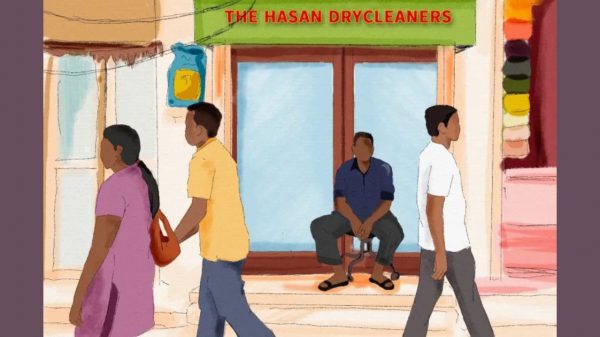Democratic governance of cyberspace must be policy priority

WITH the introduction of advanced information technology and increased access to the internet came the need for legal and institutional measures to govern socio-economic activities in digital space. The deposed Awami League government approached the issue as a new way of repression and enacted laws to stifle dissent and curb media freedom. Repealing the Digital Security Act, the Awami League government enacted the Cyber Security Act in August 2023 which was essentially, as many jurists and journalists say, the ‘old wine in a new bottle’. The changes were, rather, cosmetic, with only one minor redistribution of penalty and historically and politically prejudiced terms and figures such as propaganda against the spirit of the liberation war, the national anthem and the national flag are left equally vague and vulnerable to partisan interpretation that carry the risk of repeating the past abuse of the law. In this context, the Forum for Freedom of Expression Bangladesh on August 29 urged the government to repeal the act and enact democratic, people-friendly and participatory laws and policies that the government should seriously consider.
Immediately after the fall of the Awami League regime, the Editors’ Council on August 12, too, made a similar demand and asked the government to take steps to cancel all the cases, including those filed against journalists under the Digital Security Act. Since the DSA enactment in 2018, research by the Centre for Governance Studies reported that cases were filed against at least 451 journalists under the act and 255 of them faced cases for their journalistic work. Around 60 per cent of the DSA cases were filed by the law enforcement agencies, the government or pro-government political parties. This substantiated the claim that the act was abused to criminalise any dissent rather than to curb cybercrimes. Successive governments maintained a punitive approach to governance in digital space. The Information and Technology Act 2006, the first-ever law in this direction, was enacted under the Bangladesh Nationalist Party-led government and Section 57 of the act, which made it illegal to post materials online that are provocative, defamatory or hurting ‘religious sentimentality’, faced widespread criticism. The AL government, in its office in 2009, shared the criticism but never shied away from using it. In the first four months of 2017, 21 journalists faced cases filed under Section 57. The criticism gave it grounds to repeal the law with even more repressive clauses and the Cyber Security Act came into being with a repressive approach.
The government must, therefore, consider the demand to repeal the law at hand along with other repressive laws and policies that are a threat to the freedom of expression. It must take early steps to cancel all politically motivated cases against journalists and other individuals. The government must not consider the governance of cyberspace as simply a crime prevention and national security concern, but the premise and objective of legislation must be the democratic governance of cyberspace.

























Leave a Reply